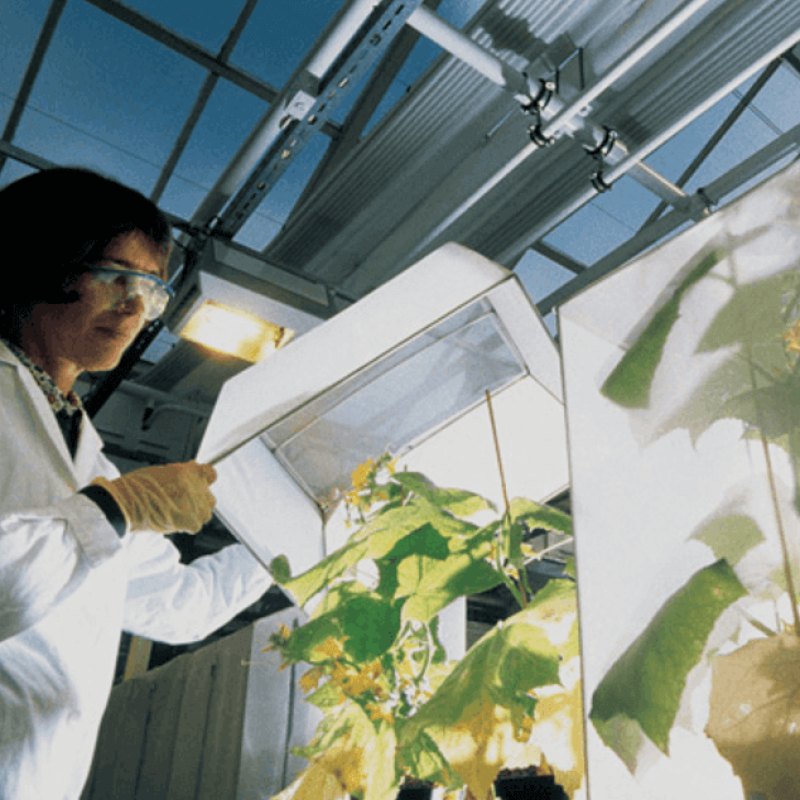[Editor’s note: The following is a statement by the US National Academies of Sciences, Engineering, and Medicine in response to a PLOS article accusing committee members of the National Academies’ genetically engineered crop study of conflicts of interest.]
The National Academies’ Committee on Genetically Engineered Crops: Past Experiences and Future Prospects authored an almost 600-page landmark report, released in May 2016. It was perhaps the most comprehensive analysis of genetically engineered crops to date. The committee reviewed approximately 1,000 publications.
…
 The National Academies of Sciences, Engineering, and Medicine have a stringent, well-defined, and transparent conflict-of-interest policy, with which all members of this study committee complied. It is unfair and disingenuous for the authors of the PLOS article to apply their own perception of conflict of interest to our committee in place of our tested and trusted conflict-of-interest policies.
The National Academies of Sciences, Engineering, and Medicine have a stringent, well-defined, and transparent conflict-of-interest policy, with which all members of this study committee complied. It is unfair and disingenuous for the authors of the PLOS article to apply their own perception of conflict of interest to our committee in place of our tested and trusted conflict-of-interest policies.
…
We stand by our committee and are proud of its report. We are particularly proud of the report’s worldwide impact: As of today, there have been 33,618 downloads of the report from 169 countries.
The GLP aggregated and excerpted this blog/article to reflect the diversity of news, opinion, and analysis. Read full, original post: Statement by the National Academies of Sciences, Engineering, and Medicine regarding PLOS ONE article on our study of genetically engineered crops































